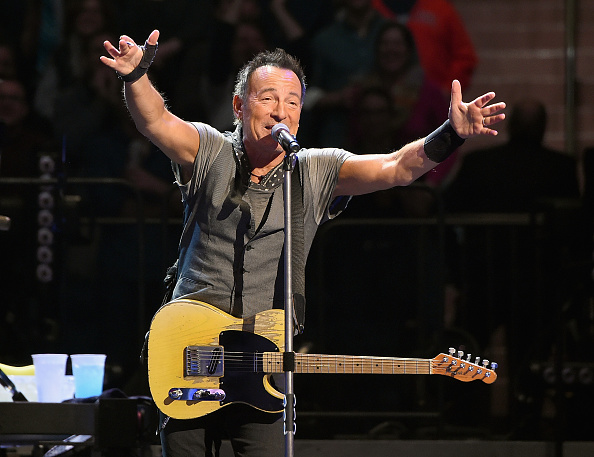ROCK MOMENT – Bruce Springsteen ‘Hungry Heart’

Bruce Springsteen’s ‘Hungry Heart’ stands as one of the pivotal moments in his career, marking his first Top 10 hit and helping expand his reach beyond die-hard fans into the mainstream. Released in 1980 on the double album The River, the song blended Springsteen’s blue-collar storytelling with a pop sensibility that made it irresistible to radio.
The song almost never belonged to Springsteen at all. In the late 1970s, after wrapping up his Darkness on the Edge of Town tour, he met punk legends The Ramones at a club in Asbury Park. Joey Ramone asked him to write a song for them, and Springsteen quickly penned ‘Hungry Heart.’ He planned to give it away, but his manager and producer Jon Landau stepped in and urged him to keep it. Landau believed the song had hit potential that Bruce himself needed at that stage in his career. Springsteen reluctantly agreed, and history was made.
Behind the scenes in the studio, the E Street Band helped shape the song’s driving rhythm and singalong feel. Springsteen’s vocal was slightly sped up in the final mix—something producer Chuck Plotkin suggested to give it a brighter edge. Members of the Raspberries’ Eric Carmen–style pop influence can also be heard, showing Bruce was willing to flirt with radio polish in addition to his trademark grit.
The recording sessions for The River were sprawling, with more than 60 songs tracked, but ‘Hungry Heart‘ stood out instantly. Columbia Records executives knew it was a single the moment they heard it. When it was released, the song shot to No. 5 on the Billboard Hot 100, giving Springsteen the commercial breakthrough he’d long avoided after intentionally holding back earlier songs like ‘Because the Night‘ (which he gave to Patti Smith).
On stage, ‘Hungry Heart‘ became a crowd favorite, often with Bruce holding out the microphone as audiences belted the chorus back at him. Looking back, the song was a turning point: it proved he could maintain his gritty storytelling while still reaching the pop charts. What began as a gift for The Ramones ultimately became the anthem that opened a new chapter in the Boss’s legendary career.






